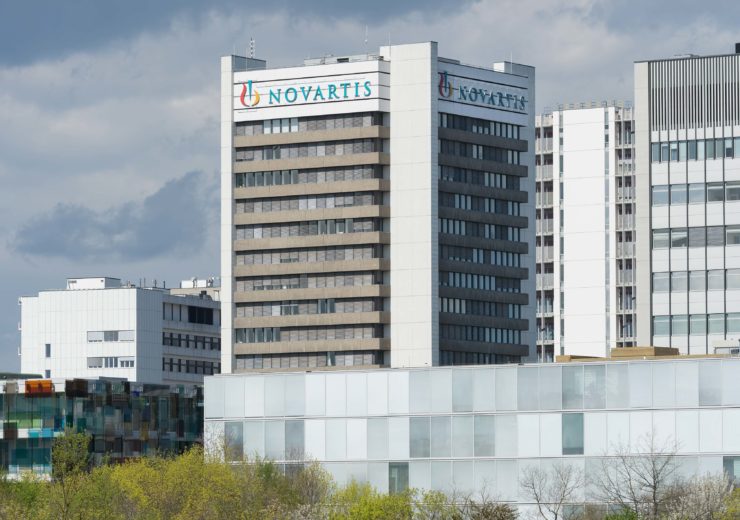PREVENT study showed a sustained response and consistent safety profile with previous clinical trials and no new safety signals were detected

Image: Novartis has announced the positive results from PREVENT trial of Cosentyx in treating axSpA. Photo: Courtesy of Novartis AG.
Novartis has announced additional positive data from the PREVENT clinical trial, evaluating efficacy and safety of Cosentyx (secukinumab) in patients with non-radiographic axial spondyloarthritis (nr-axSpA).
The company said that its ongoing Phase III clinical trial has reached the primary endpoint, demonstrating a significant reduction in disease activity for patients treated with Cosentyx, compared with placebo.
In addition, the study showed a sustained response and consistent safety profile with previous clinical trials and no new safety signals were detected.
Novartis global drug development head and chief medical officer John Tsai said: “These data are encouraging for people living with nr-axSpA, where there are only limited treatment options available. It’s a great example of how we’re working to reimagine medicine to help patients realize early relief from this disease.”
Axial spondyloarthritis is a long-term inflammatory disease characterised by chronic inflammatory back pain, and the spectrum of the disease includes ankylosing spondylitis (AS), and non-radiographic axial spondyloarthritis nr-axSpA.
Both types of the disease have similar symptoms, including nocturnal pain, fatigue, morning stiffness and functional disability, and if left untreated, the disease could impair activity.
Novartis’ PREVENT clinical trial reached the primary endpoint
PREVENT is an ongoing two-year randomised, double-blind, placebo-controlled Phase III study intended to evaluate the efficacy and safety of Cosentyx, in patients with active nr-axSpA.
The study enrolled 555 male and female adult patients with active nr-axSpA and undergoing treatment using a minimum of two different non-steroidal anti-inflammatory drugs (NSAIDs) at the highest dose up to 4 weeks before the start of the study.
The company said that 90% (501/555) of the enrolled patients were biologic naïve, and were allocated to one of three treatment groups, Cosentyx 150mg subcutaneous with a loading dose, Cosentyx 150mg with no loading dose, or placebo.
In addition, the study has reached the primary endpoint, which is determined by the proportion of patients achieving an ASAS40 response with Cosentyx 150mg at weeks 16 and 52.
Oregon Health & Science University rheumatology clinics director and secukinumab clinical trial program investigator professor Atul Deodhar said: “Non-radiographic axial spondyloarthritis is a chronic debilitating disease, which left untreated can have a significant impact on patients’ quality of life.
“These positive results indicate a potential new treatment option to help patients experience relief from the signs and symptoms of their disease.”
